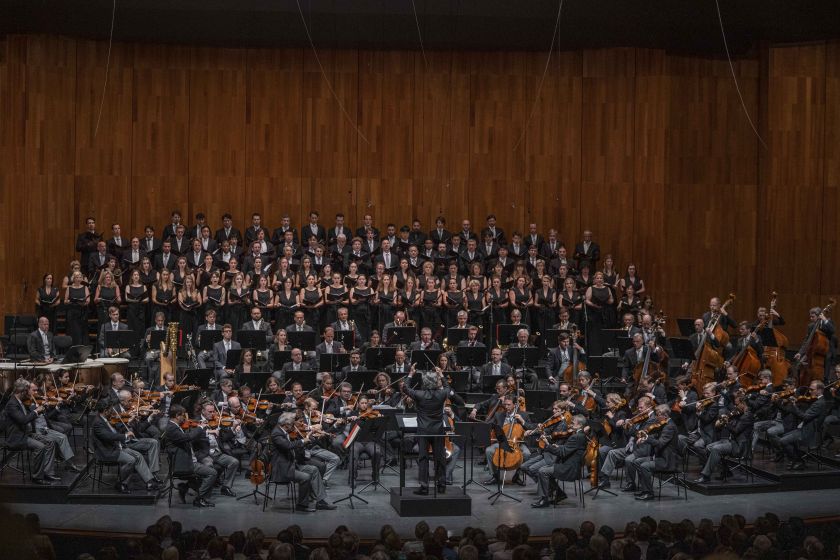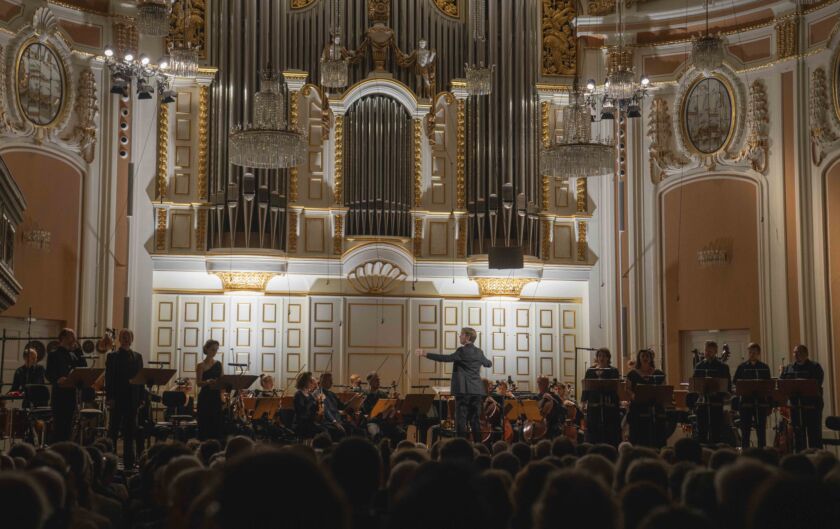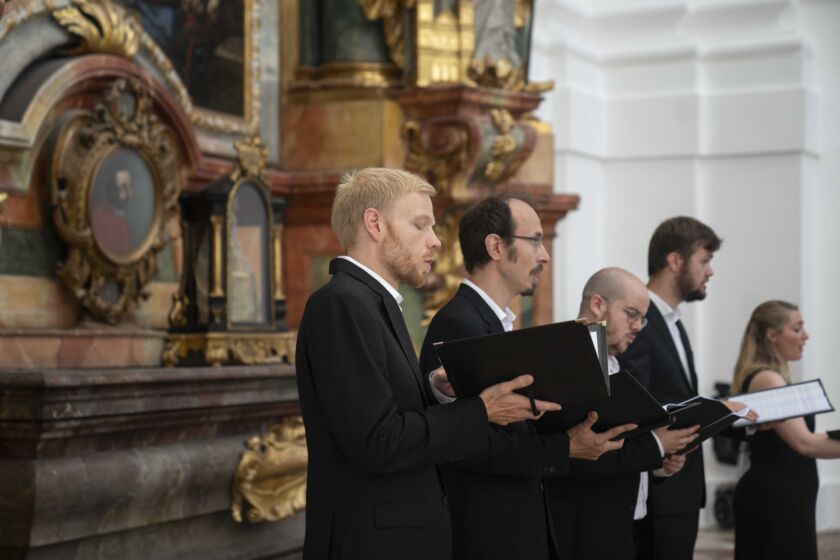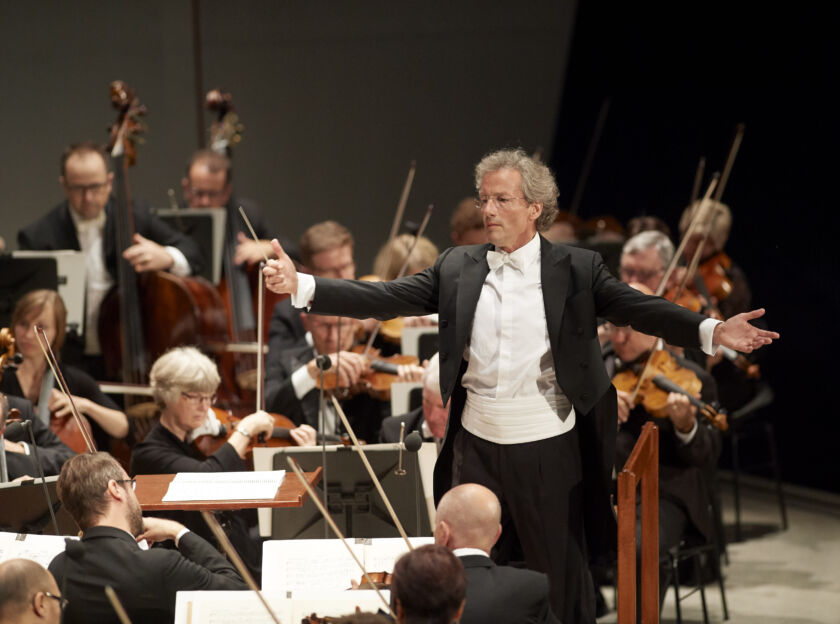Concert programme
The concert summer at the Salzburg Festival – in focus: Pierre Boulez and Dmitri Shostakovich


Apart from Pierre Boulez, the trendsetting sensualist and poetic revolutionary – who is celebrated in a concert series commemorating his 100th birthday – the concert programme once again focuses on the arts in the face of social, political and individual rifts, as exemplified by Dmitri Shostakovich, who died 50 years ago, on 9 August 1975. Throughout his life, the Russian composer, pianist and pedagogue suffered from the coercion, threats and slander he experienced in his homeland. With ambiguity and secret messages, he undercut official demands of Socialist Realism regarding style and content. To this day, his strongest works demonstrate the courage, risk-taking and resistance of Dmitri Shostakovich – and how much his music has to say about us and our present times.

Over decades, Pierre Boulez had a close relationship with Salzburg, where his intense musical collaboration with the Vienna Philharmonic blossomed. The Salzburg Festival pays homage to his work as a composer and conductor. “He wanted to create music which would communicate intellect as well as emotion, in which beauty could be calculated and reason felt.” – The concerts of the Salzburg Festival summer reflect this, as well as the powerful force of fate.
Taking the question of free will in human actions as the point of departure – also central to the featured operas – this year’s Ouverture spirituelle features spiritual works exploring the fateful determination of our actions. In music about tragic fates, resounding prophecies and choral incantations, divine determinism is traced, rebellion and treason discussed, fatal ensnarement recounted and individual fates and those of entire peoples illuminated.

To this purpose, the world’s most famous orchestras and soloists assemble on the banks of the Salzach River – first and foremost the Vienna Philharmonic, continuing their tradition of five Salzburg concert programmes with the Mahler cycle begun with Andris Nelsons in 2018. Riccardo Muti conducts Schubert and Bruckner. Yannick Nézet-Séguin leads an all-Wagner programme. Franz Welser-Möst has programmed works by Weinberg and Bruckner. The series begins with Esa-Pekka Salonen conducting Stravinsky’s opera-oratorio Oedipus Rex and Hector Berlioz’s Symphonie fantastique op. 14 – performed together with the Vienna Philharmonic. They are followed by ensembles from Germany, France, Monaco, the Netherlands and Spain, all appearing with outstanding artist personalities.
First published in the Festival insert of Salzburger Nachrichten
